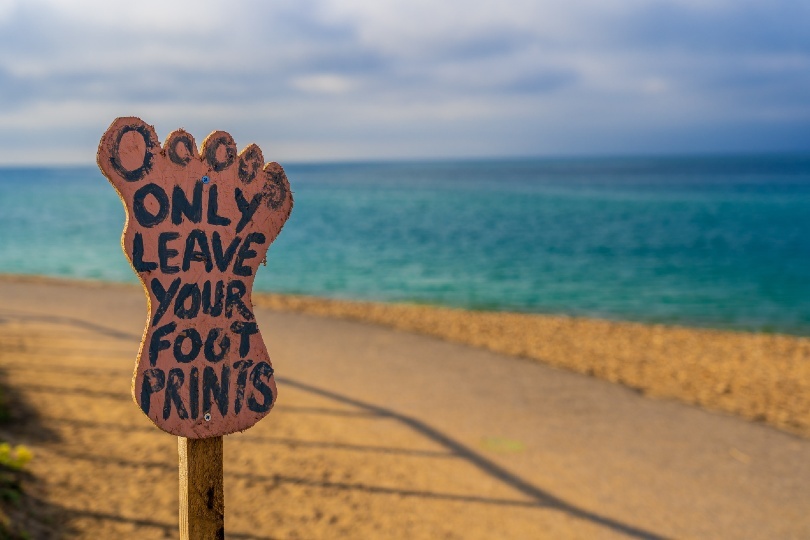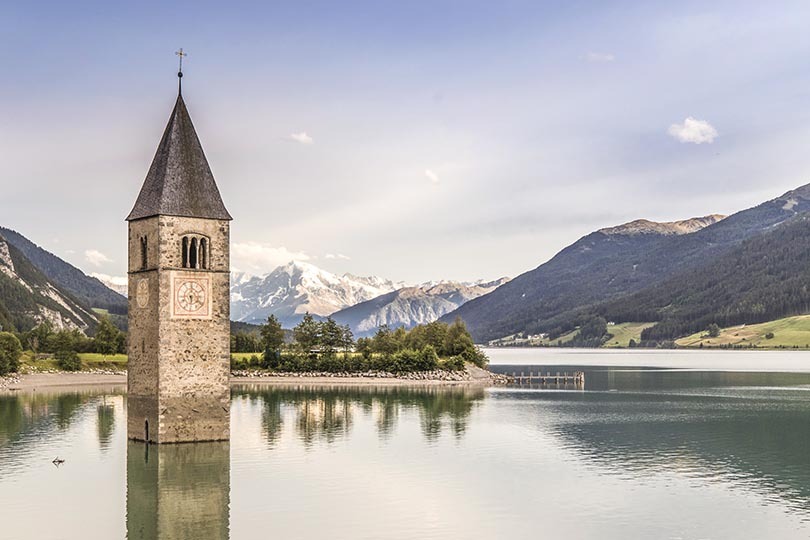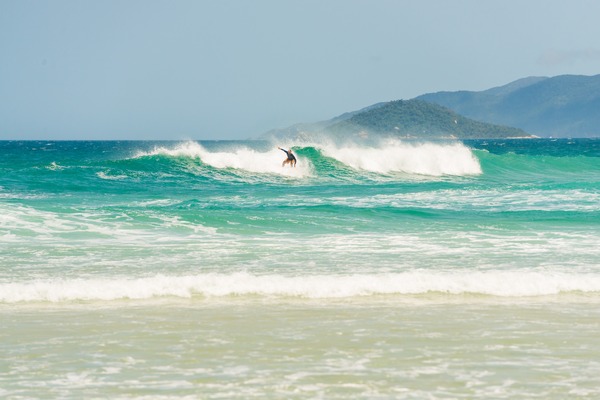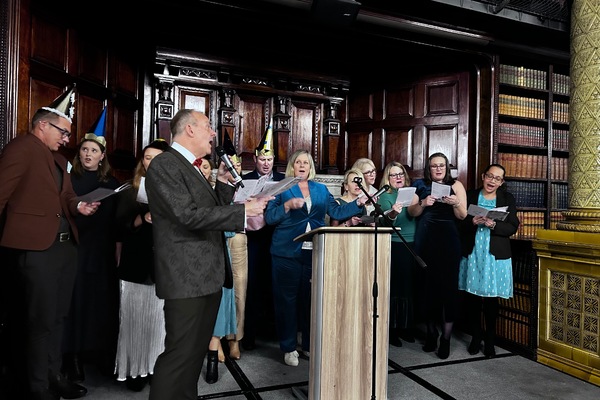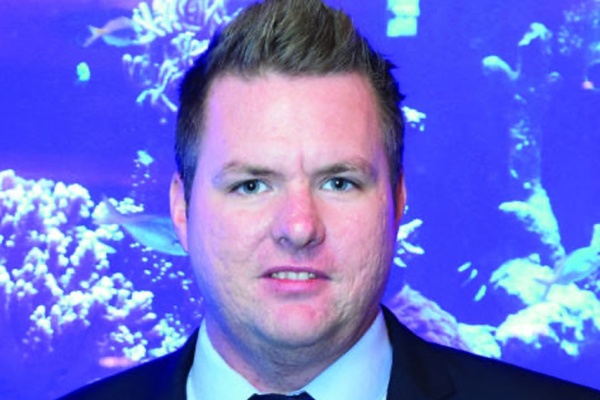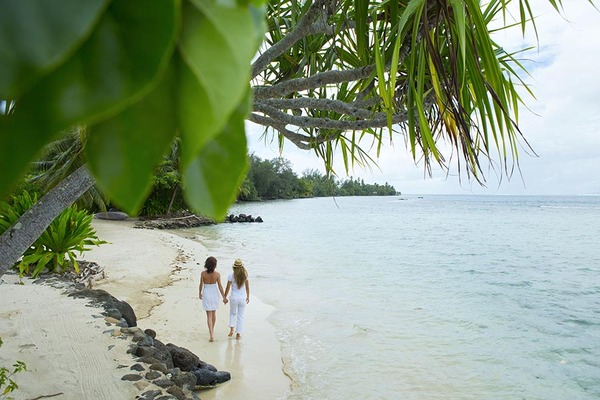Staying longer, spending more, gramping and mindful travel – Accor's trends to watch
European consumers intend to spend 39% more on travel in 2022, take an average of four trips this year, and will prioritise health and sanitary standards, booking flexibility and sustainability, according to a new report.
For its Accor Northern Europe Travel Trends Report, the hotel giant polled 6,000 people across five European countries including the UK and found more than 80% plan to travel in 2022.
The desire for “fly-and-flop” trips has been heightened, with beach holidays topping the wish list for travel in 2022 for 33% of respondents.
City breaks (26%) are expected to come back though, as the call of cosmopolitan culture returns.
After two challenging years, 14% of Europeans said they are planning all-out luxury, hoping for the trip of a lifetime to make up for all the lost travel.
The report hailed a “rare positive” to come from the Covid years as being an increased awareness of sustainability as a priority consideration.
Sustainability and the impact of the trip on the climate and planet is now a factor for 87% of people, influencing choice around where to go, how to get there, where they stay and what to do while onsite.
Mindful travel is set to be a major trend in 2022: deemed to be trips with more emotional and experiential prominence – 66% said they agreed “one of my biggest priorities when going on holiday is boosting my mental wellbeing and leaving my stresses behind”.
But the research also showed the fairly immediate impact of Omicron on travel, with 18% having to cancel one or more trips.
Travellers have also been spurred to get back to nature more: research pre-Omicron indicated one in five (20%) sought country escapes, but the recent pandemic surge resulted in an increased desire for nature with 30% of travellers saying they will be seeking holidays in nature in 2022.
Omicron has doubled the desire to explore one’s own country too – at the end of 2021 just 14% of travellers were planning staycations but at the start of 2022, that number had doubled to 28%. Overall 25% of respondents said they are more likely to staycation as a result of Omicron.
“Covid has not dampened our desire for travel, it complicated the process. Even though one in five had to cancel or postpone a trip due to the Omicron variant, people are still committed to travelling and to spending 39% more than they did in 2019,” said Karelle Lamouche, chief commercial officer, Accor Northern Europe. “Last year travel was spontaneous, often booked and taken within a few days. Now, post Omicron, people are planning and booking travel already for the next three years. They have much to look forward to and make up for in 2022.”
Italy was identified as the number one destination for travellers from Europe, and 55% of those surveyed said they intend to keep their travels within Europe generally.
Of those looking further afield, 13% are planning trips to North America and 11% to Southeast Asia.
Booking flexibility and high sanitary standards topped the list of what Europeans expect as a “must have” in 2022 and beyond – 31% want clearer health and safety standards and one in five (19%) would be willing to pay more for a hotel room if it had a recognised cleanliness initiative award, such as Accor’s global ALLSAFE health and sanitary label.
Around a third (30%) said they seek more flexibility on changes to bookings, and 23% expect more contactless payment options.
In other tech trends, 17% said they want to see an increase in hotel utilisation of technology, from WhatsApp customer service to improvements in hotel room TVs.
The way people travel is also tipped for change, the report found, as 16% expect less air travel in 2022, 18% expect a return of rail and car travel and 13% expect “trip stacking” to continue as a standard in 2022, giving travellers the reassurance that at least one of the trips should go ahead as planned.
“It is clear that priorities have shifted in the last two years. Sustainability factors more than ever into the decisions people make. Work/Life balance is no longer just a tag-line and travellers have a new awareness of the positive impact that travel has on their wellbeing,” added Lamouche.
“In fact, a staggering two thirds of us want to travel as a way of boosting our mental health. We expect this trend for betterment, mindfulness, and wellbeing to be part of the travel experience for years to come, accelerated by the opportunities lost to Covid.”
The report also highlights some key watchwords and trends:
- HOLIDAY MILLIONAIRES: If they have the cash, people - after two years of restrictions - want to splash it
- BIOPHILIA: The call of the wild remains strong as travellers head to coast and country
- LINGER LONGER: Sustainability, mindfulness and workations will all contribute to longer trips
- CRAFTED CONTENTMENT: Self-improvement, learning and experiences in travel will grow in importance
- SOLITUDE: Solo-travel, self-care and ‘me time’ are expected to boom in 2022
- HYBRID WORKING: The new business traveller is emerging, impacted by hybrid working, ‘workspitality’ and new ways of working
- CITY CELEBRANTS: After two years of isolation, people want to feel part of human life again
- THE NEW COMPANIONS: Look out for ‘Big Bubbles’, ‘Gramping’ (grandparents taking their little family members on glam camp trips) and more travelling with pets
- HOTEL RESIDENCES: The rise of branded residences provide ways for consumers to tap into a hotel lifestyle full time
- LOYALTY: Accor says customers crave this more – delivered via concepts such as its ALL: Accor Live Limitless, initiative

